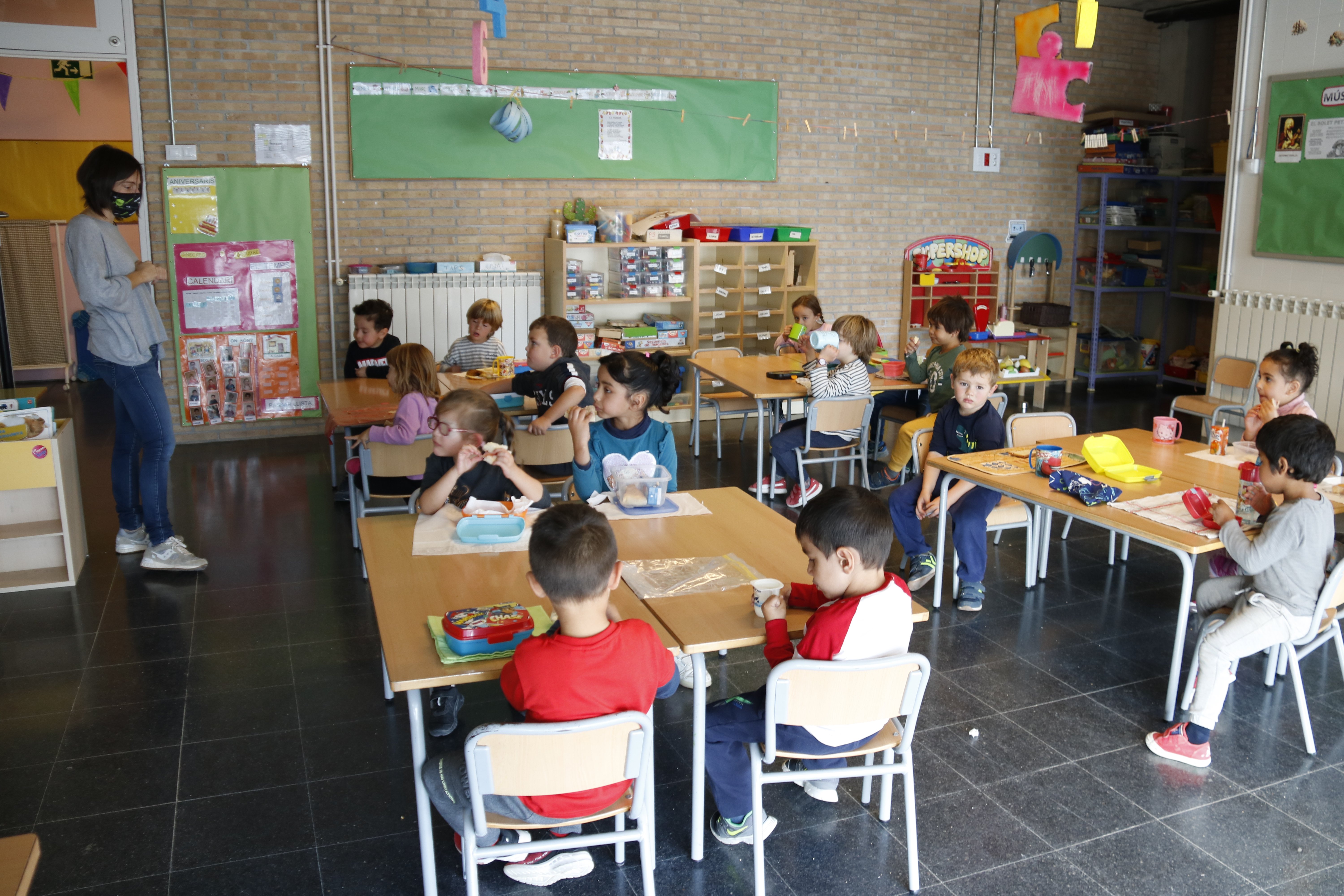A new threat to the Catalan language has, for the moment, been averted. The Spanish ministry of education has ruled out attempting to apply the ruling which the Catalan High Court (TSJC) made last December dictating that a minimum of 25% of classes in Catalan schools should be taught in Castilian (that is, the language that most of the world calls Spanish).
Sources in the education ministry in Madrid argue that regulating the percentage of classes that should be delivered in each language in Catalonia is up to the Catalan authorities, as competence over the area of education is held at the level of autonomous regions and not by the central Spanish government. Thus, requesting the execution of the sentence would be invading the powers of the Generalitat of Catalonia. This is stated in a letter to which the ACN news agency has had access, from the Spanish education ministry to the European Parliament's Committee on Petitions, chaired by the MEP from Spain's Popular Party Dolors Montserrat.
The power is regional
“Language policy in schools is not the responsibility of the state, but of the education administrations,” says the central education ministry's response. It also considers that "the constitutionality of the language regime in territories with a co-official language [Catalan, Basque or Galician] will depend on a flexible assessment that ensures that both languages have a presence", while at the same time "achieving full and equivalent proficiency in both". A series of objectives that must be achieved "without the state being able to intervene in the definition of the autonomous policies that regulate this duty, according to the Constitution and the established constitutional doctrine".
If the word 'constitutional' is quoted so many times, it is because, as the ministry sources admit, that an insistence by the Spanish ministry that Catalan school classes should have a set minimum presence of the Castilian language, could lead the Generalitat of Catalonia to appeal to the Constitutional Court. Thus, the court could end up ruling that the state is invading the regional powers. And, right now, the Spanish government does not need any further defeats in the high court.
Not pushing the issue
In December, the administrative disputes chamber of the Catalan High Court partially upheld an appeal filed by the Spanish ministry of education itself and established a minimum of 25% of teaching in Castilian in schools in Catalonia. In addition, it made the controversial assertion that the current use of the Castilian language in Catalonia's schools is "residual", at a time when Catalan usage continues to fall among young generations.
After its ruling, the TSJC annulled two school language teaching plans because they listed only Catalan as a vehicular language, thus violating the so-called Celáa law of education. It was a decision that was not to the liking of the Catalan government, which was indeed preparing a judicial appeal. Now, however, the ministry has decided not to push the matter and it will not ask the Catalan educational authorities to guarantee the presence of Castilian in Catalan classrooms.
Since the 1980s, the public education system in Catalonia has been based on a principle of language immersion, with the Catalan language being used as the teaching language for, at least in theory, the vast majority of classes at both primary and secondary level, in order to ensure that all students learn not only the more socially-prevalent Castilian language, but also the Catalan language, which about 35% of the Catalan population said they used most often in a 2018 survey.
Main image: A teacher before a class of primary school children in Catalonia / ACN

